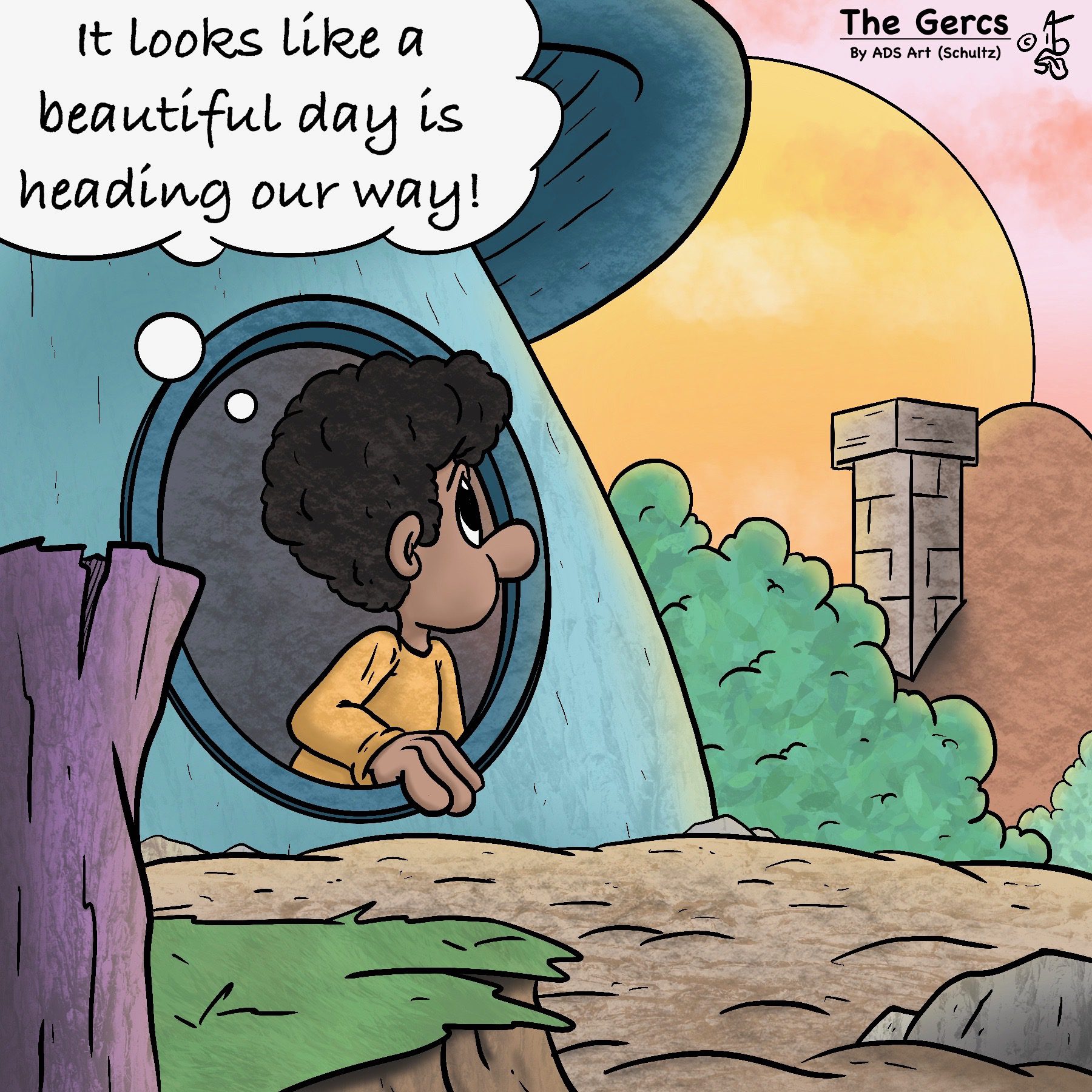Photo by Bekka Mongeau
By Dr. Daneen Skube
Tribune Content Agency
Interpersonal Edge
Q: I have a goal of being happy, but keep running into problems. If you pick the right job, shouldn’t it make you happy? Also how can you be happy when you keep having difficulties on the job?
A: You can enjoy your life, in and out of work, if you understand that happiness is not a sustainable state. Working to create inner peace is a goal we can achieve. Happiness, like all other emotions, comes and goes like clouds chased by the wind of experience across our inner sky.
Henry David Thoreau, the 19th-century American naturalist and essayist, observed, “Happiness is like a butterfly. The more you chase it, the more it will elude you, but if you turn your attention to other things, it will come and sit softly on your shoulder.” Thoreau knew happiness cannot be a primary goal.
Think of emotions as different weather patterns. Sad, mad, glad, and scared feelings come and go in reaction to what we tell ourselves about certain situations. If a co-worker doesn’t greet us, we may tell ourselves that no one cares about us. Or we may tell ourselves that they’re distracted.
The more personally we take what people do, the more often we experience painful emotions. The more that we see others doing things for their own reasons, the more accurate we likely are and the more peaceful.
Ironically, we’re most likely to make up that others are doing something because of us in the areas about ourselves that we fear are true.
Try this exercise: Write down moments when you get most upset. Now write down why you think people are doing these things (to you). Now highlight all the reasons you wrote down. These reasons are your worst fears.
The only way to immunize yourself against these fears is to tackle them in your inner world. Most of us are not unique in our fears. We fear being unlovable, inadequate, rejected, stupid, or crazy. As a counselor, I chuckle at how unique my clients think they are when they first enter my office. New clients quickly discover their fears are common.
The voice we never get away from is our own. The people who raise us shape this inner voice. We often talk to ourselves the way parents talked to us. Learning to listen to what we’re saying to ourselves is the first step to inner peace.
You’ll be shocked when you first listen in this way, as you wouldn’t talk to anyone else the way you talk to yourself. But, if you can hear this voice, you can talk back. Much of therapy focuses on changing our inner dialogue to be more compassionate, accurate, and effective.
For instance, you may lose something and start in, “What’s wrong with me, I’d lose my head if it wasn’t screwed on!” If we hear this message we might change it to, “Hey, people lose things sometimes. I can inexpensively replace that, and can pay more attention when I’m rushed.”
Our power to change these inner voices is life changing. As we move away from critical, and perfectionist self-talk, we become calmer. Our circumstances become less overwhelming when we’re on our own side.
On tough days, we have an inner champion. We aren’t happy 24 hours a day, but at least we don’t have an inner enemy that we’re always fighting upstream against.
The “right” job won’t make us happy, as no external situation can force us into happiness. Any job can be the “right” job to give us the opportunity to grow and change what we have the most power to change — ourselves.
The last word(s)
A: I feel like I have to be constantly brilliant in my work and am burning out. Is there a strategy to balance consistency with the demands of my job
Q: Yes, as Lao Tzu, an ancient Chinese philosopher, noted: “The flame that burns twice as bright burns half as long.” If you want to remain productive, find a pace you can sustain.
Daneen Skube, Ph.D., executive coach, trainer, therapist and speaker, also appears as the FOX Channel’s “Workplace Guru” each Monday morning. She’s the author of “Interpersonal Edge: Breakthrough Tools for Talking to Anyone, Anywhere, About Anything” (Hay House, 2006). You can contact Dr. Skube at www.interpersonaledge.com or 1420 NW Gilman Blvd., #2845, Issaquah, WA 98027. Sorry, no personal replies.




